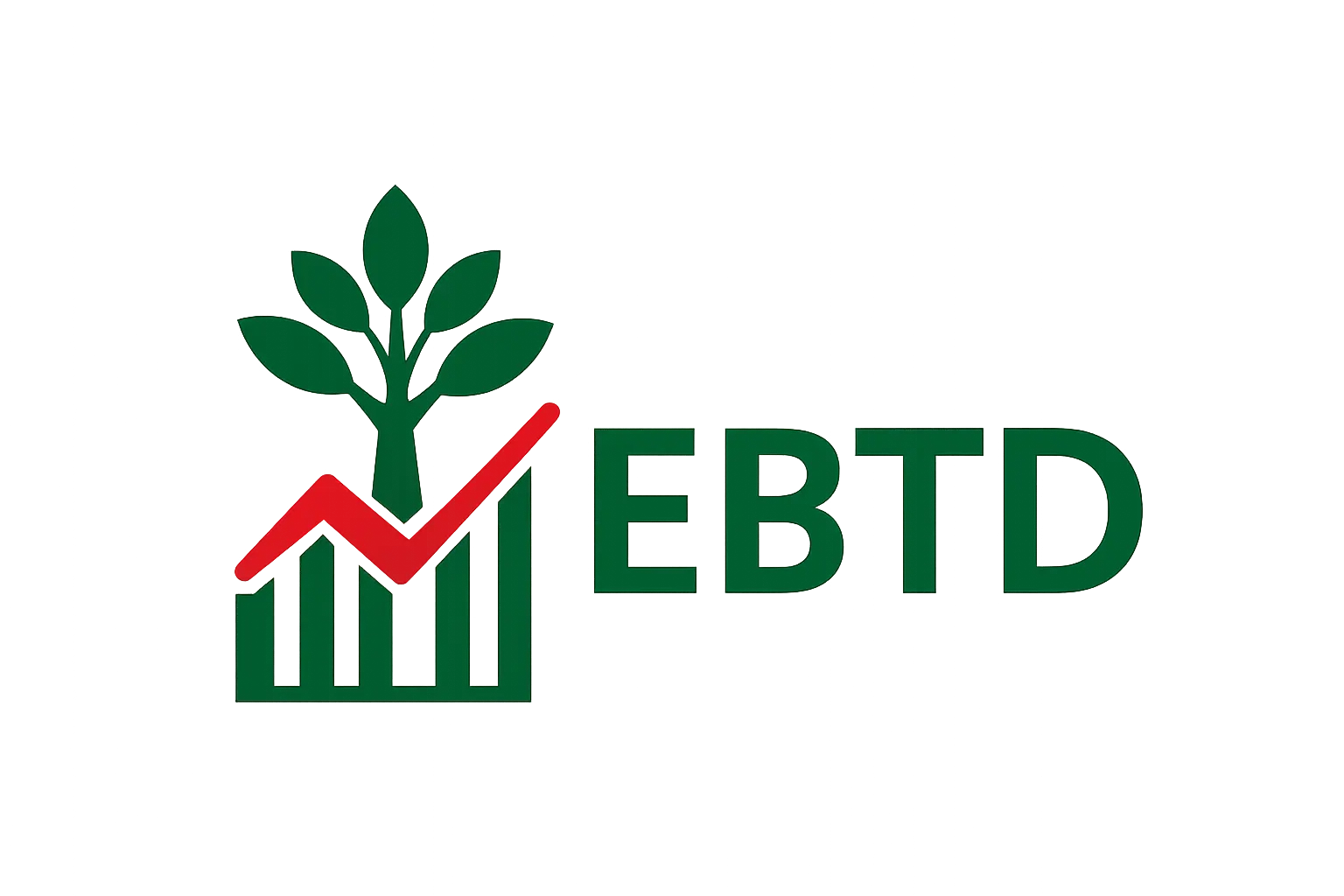BRIDGE: Early Years Self-Review Framework
Introduction to Early Years Review
The early years are the foundation of every child’s lifelong learning journey. During this vital stage, children begin developing language, curiosity, social skills, and the habits of learning that shape how they approach school and the world around them. High-quality early education builds not only literacy and numeracy, but also confidence, empathy, and imagination — the roots of all later success.
Drawing on international research, including the Ofsted Early Years Toolkit, and adapted for Bangladeshi schools and pre-primary settings, this section supports calm, non-judgemental reflection on how schools nurture young learners through play, talk, relationships, and the learning environment. It aims to help leaders and teachers ensure every child feels safe, valued, and ready to explore.
The BRIDGE Early Years Framework helps schools review and strengthen provision across six connected clusters:
🧩 Early Literacy & Numeracy Foundations – building children’s early reading, speaking, and number skills through stories, songs, counting, and playful interaction.
🎨 Play-Based & Child-Centred Learning – providing opportunities for learning through discovery, exploration, and imagination.
🗣️ Language Development & Oracy – expanding vocabulary and communication through talk, storytelling, and shared experiences.
💛 Emotional & Social Development – helping children learn cooperation, sharing, and how to recognise and manage feelings.
🏡 Environment & Resources – ensuring classrooms are safe, inclusive, and stimulating with rich opportunities to explore.
👨👩👧 Parental Engagement in Early Learning – supporting families to encourage early literacy, numeracy, and curiosity at home.
How to Use This Review
Each cluster offers space for calm, evidence-informed reflection rather than judgement. Schools can:
-
Start with the cluster most relevant to current priorities, such as language development or family engagement.
-
Involve teachers, assistants, and parents — early education is a shared responsibility.
-
Combine insights from across clusters to build a coherent plan that strengthens early learning quality and inclusion.
Each cluster includes:
🔎 Evidence Review – explaining what the cluster means and why it matters.
🧪 Active Ingredients (Non-Negotiables) – essential practices that drive improvement.
🧭 Self-Evaluation Questions – prompts for discussion and reflection.
📊 Exemplar Table – a practical model showing how to record findings and next steps.
📥 Download Template – a Word version to adapt for your school context.
Principles for Meaningful Review
🌱 Nurture before numbers: Children learn best when they feel secure, cared for, and understood.
🎲 Play is powerful: Exploration and curiosity are the engines of early learning.
🗣️ Language unlocks learning: Every conversation, rhyme, and story builds communication and thinking.
🤝 Partnerships matter: Families and schools grow stronger together when early learning continues at home.
🌍 Local strength: Early years practice in Bangladesh can draw deeply on cultural warmth, community bonds, and shared stories.
Together, these clusters help schools ensure every child in Bangladesh begins their learning journey with joy, confidence, and strong foundations for future success.
